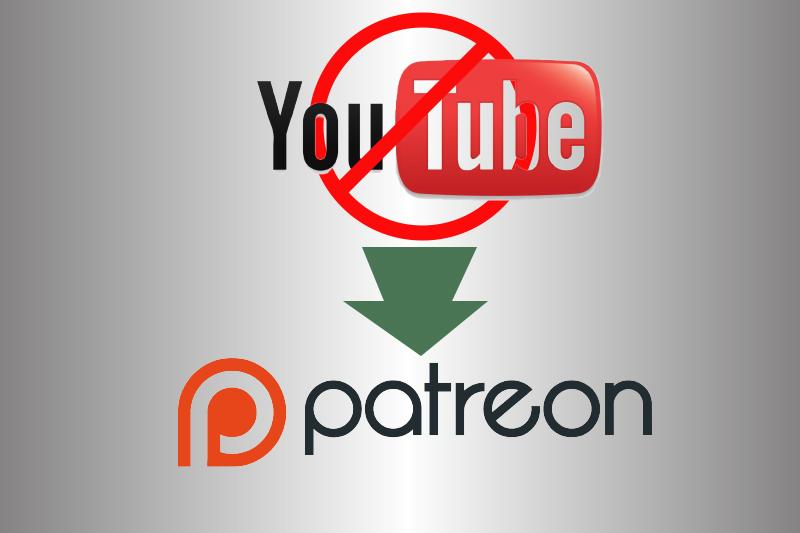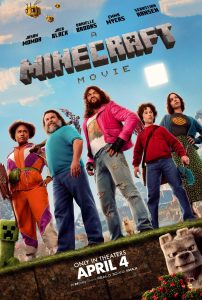The future of artistic funding?
January 10, 2018
As content creators continue to look for ways to overcome the challenges of YouTube’s demonetization (discussed here), a wide range of video platform sites have become more visible in providing subscription services that will help them get paid. For example, YouTube star Jaclyn Glenn has used a service called Fullscreen for her series, “The Skeptic’s Guide to Wellness,” (reviewed here) while also utilizing a service called Patreon as a way to fund her other creative work.
The service was founded in 2013 to help creative entrepreneurs flourish in the digital economy. Using this service, it does not matter what your creative medium is, you can create a profile and seek out patrons who will crowdfund your artistic endeavors. It is a modern twist on the historic funding of artists by wealthy individuals.
In return for becoming a patron through your subscription fee, these content creators will post members-only content. For example, Glenn posts a weekly video that’s only available if you are one of her patrons. YouTube personality Philip DeFranco is also soliciting patrons, so he can build his own news and entertainment network. In return, he provides them with early and exclusive access to content.
Patreon is not without its own controversies. Their attempt to impose a new fee on patrons to help offset the cost of processing payments was negatively received, and many creators lost patrons who left in protest. The service reversed its decision before the end of the year, but only time will tell if any lasting damage was done to its reputation or to the long-term income of the artists who use it.
Web services have always used the creative content produced by individuals to help attract more users. Unfortunately, these sites may be the ones who reap the financial rewards of that content, which isn’t a problem limited to struggling artists. According to Reuters, the Spotify music streaming service has recently been sued for violating the copyrights of musicians such as Tom Petty, The Doors and Weezer — this comes after paying $43 million in May to settle another class action lawsuit in a similar case. Clearly, even established artists are at risk of not being paid fairly in the online age.
The internet provides us access to a wide range of art and entertainment — more varied than at any other time in history. Unfortunately, the digital economy hasn’t made it any easier for artists to make a living. Sites like Patreon can help fans fund the artists they love, but it is important that both the creators and supporters understand the fine print imposed by the services bringing them together.












